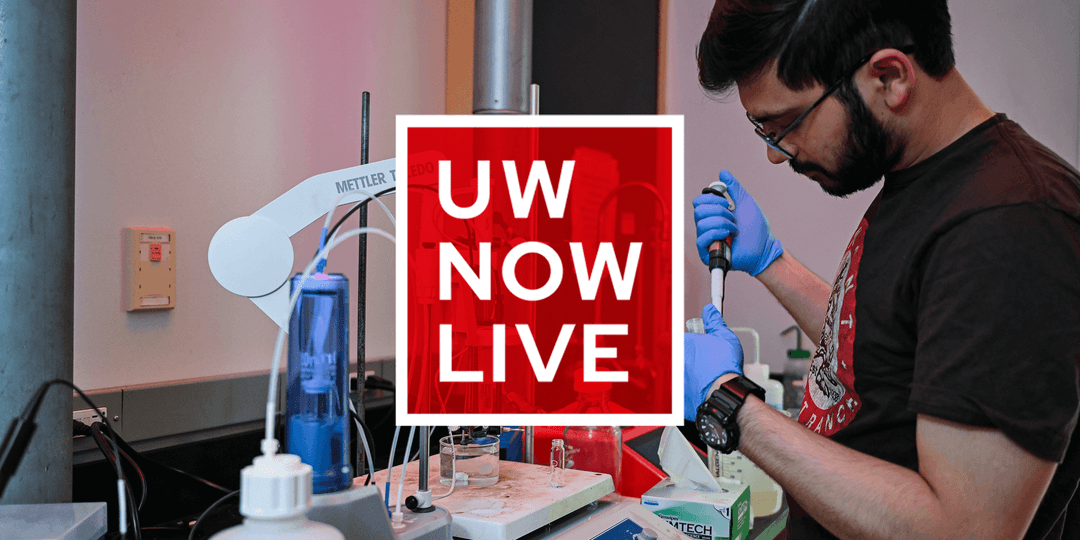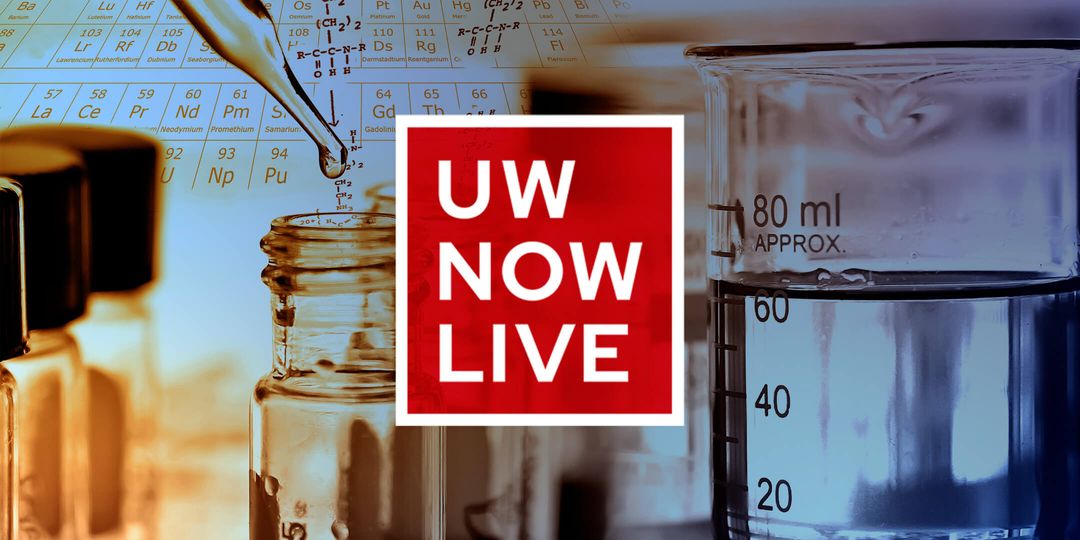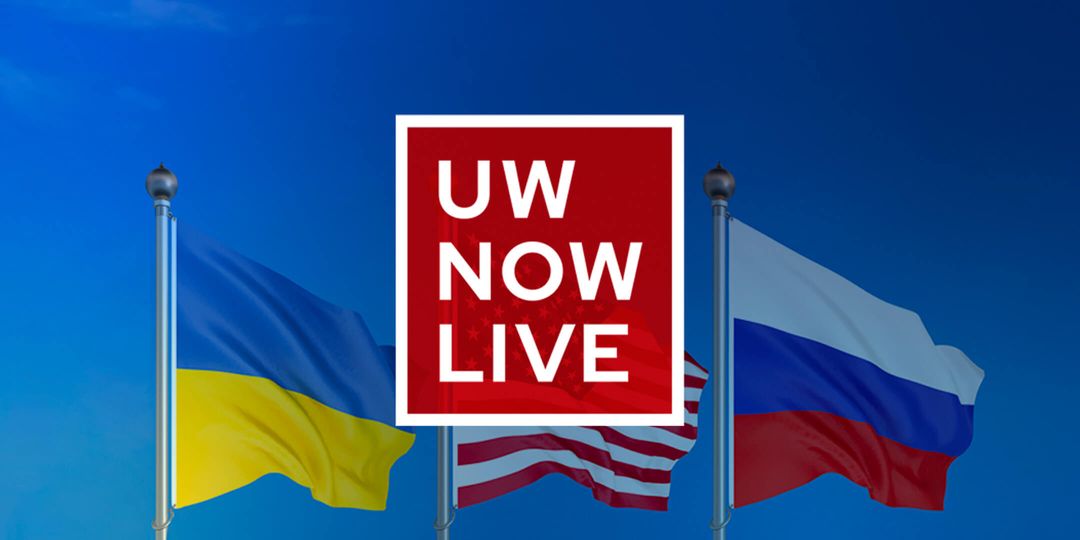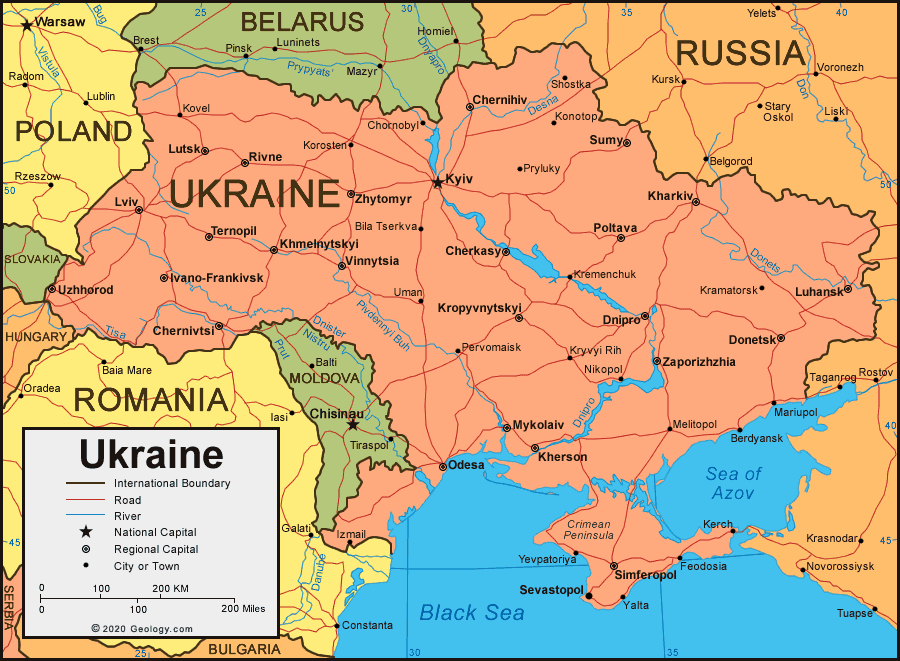Tim Smeeding MS'72, PhD’75 may have been the director of the UW’s Institute for Research on Poverty, but when it comes to politics and policy, his insights are anything but poor. If you want to understand what the 2024 presidential candidates policies really mean, Smeeding is the kind of person who can cut through the rhetoric and explain what tariffs, health care plans, and tax credits will mean to families from Alaska to Florida.
Now a professor emeritus, Smeeding was the Lee Rainwater Distinguished Professor of Public Affairs at the La Follette School of Public Affairs and Economics. From 2008 to 2014, he served as director of the Institute for Research on Poverty, the UW’s nearly 60-year-old nonpartisan center for research into the nature, causes, and cures for poverty. Trained as an economist, Smeeding has earned many honors, including being named the 2017 John Kenneth Galbraith Fellow of the American Academy of Political and Social Science and receiving the 2022 Roger Herriot Award for Innovation in Federal Statistics and the 2023 Robert J. Lapham Award from the Population Association of America for the application of demographic knowledge to policy issues.
On the October 15 UW Now Livestream, Smeeding will join UW political science professor Mark Copelovitch and UW economist Kim Ruhl to talk about the 2024 presidential elections and offer insight into the likely consequences of the candidates’ policies.
My Chief Area of Research Is:
My research is mainly on poverty and inequality, economic and social mobility, as well as labor economics. I was a member of the U.S. National Academy of Sciences committee to build an agenda to reduce the number of children in poverty by half, which in 2019 released A Roadmap to Reducing Child Poverty. I chaired the National Academies of Science consensus study panel on an integrated system on statistics to compare the income, consumption, and wealth for the same people that was released in March 2024.
Tonight on The UW Now Livestream, I’ll Discuss:
I will do my best to offer differences in the proposed policies of the two main presidential candidates in areas that are well in my wheelhouse of expertise, including the Child Tax Credit, labor supply and work effort, health care, and immigration
The Main Point I Want Viewers to Remember Is:
It is important for informed voters to consider policy differences between candidates in deciding for whom to vote. Do the policies make social and economic sense? Who might benefit and who might lose from the proposed policies, if enacted.
To Get Smart Fast, See:
On tax credits and labor supply response:
On health care policy:
On immigration and deportation:
EconoFact also has more information on economic policy more generally including taxation, buts also immigration, women’s labor supply and more.




